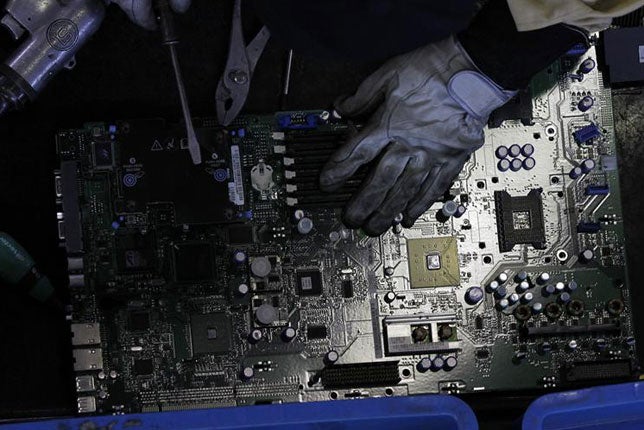Japan makes huge 'rare earth' find

China's dominance of the production of rare-earth metals, which are used in everything from iPods and flat-screen TVs to missiles, could soon be at an end after Japanese researchers said they had found massive deposits of the minerals in mud on the Pacific floor.
China accounts for 97 per cent of the world's production of 17 rare-earth elements – with names like Yttrium, Neodymium and Europium – whose unique properties make them vital ingredients for some of the most technologically advanced products.
According to the journal Nature Geoscience, a team of scientists led by Yasuhiro Kato, an associate professor of earth science at the University of Tokyo, found an estimated 100bn tonnes of the minerals in sea mud at 78 locations. Global reserves are currently confirmed by the US Geological Survey at just 110m tonnes.
Join our commenting forum
Join thought-provoking conversations, follow other Independent readers and see their replies
Comments
Bookmark popover
Removed from bookmarks